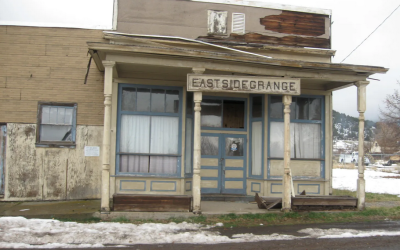EXECUTIVE SUMMARY
Housing in Regina got much more expensive in 2008. According to the Association of Regina Realtors, average house prices rose to $234,600 last year, up 37 per cent from 2007. At the end of the year Regina was one of the few jurisdictions in Canada where housing prices were not in steep decline. At the same time prices were rising the federal government was putting an end to its experiment in allowing 40-year and no-down payment mortgages, further limiting access to housing for people with low and moderate incomes.
Rental units were also harder to find in Regina. Between 1997 and 2007, there was a net loss of 500 rental units in the city and the vacancy rate stood at 0.5% at the end of 2008.3 According
to a January 15, 2009 CBC news report, many families are sharing small homes in North Central Regina and others are ‘couch surfing’ from place to place as the availability and quality of rental housing in the area continues to decline. Both the North Central and Regina Core Community Associations have identified speculation on rental housing by local and out-of-province investors as contributing to the problem.
Sales of subsidized housing in Regina slowed to a trickle in 2008. The 29 units in the Maple Leaf Estates project sold in six weeks and only 12 more units were under construction. The
HomeFirst Homeownership Program has been fully subscribed and the Saskatchewan Housing Corporation is not accepting new applications for this program.
As a result of the increased housing prices and tight rental market, monthly rent for an average two-bedroom apartment in Regina was $740 in 2008, well up from $661 in the previous year. The Canada Mortgage and Housing Corporation (CMHC) is predicting a further increase to $805 per month in 2009.
The steep rise in housing prices and corresponding decline in affordable rental opportunities raises two main questions:
This paper explores four issues that must be considered before these questions can be answered, including: the critical importance of adequate and affordable housing, the sustainability of affordable housing in Regina, the choice between purchase or rental for low to moderate income people, and the feasibility and cost-effectiveness of various measures which have been proposed to increase the supply of affordable housing.
Read entire study in PDF format (11 Pages)



